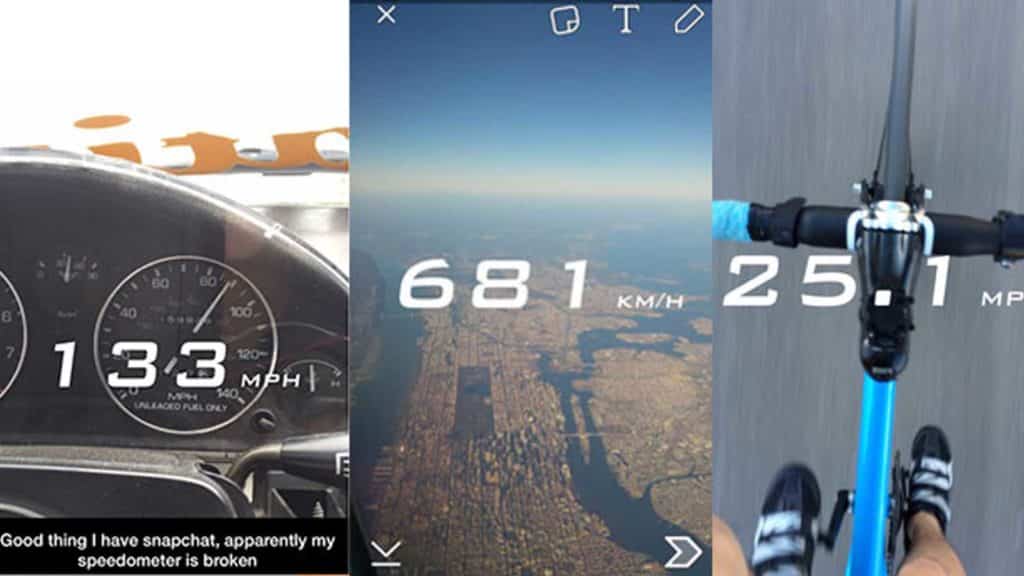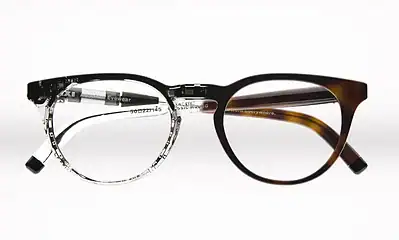News
After a fatal crash involving Snap’s speed filter, a federal appeals court says the company can be sued
This decision could play a role in future cases involving social media companies.

Just a heads up, if you buy something through our links, we may get a small share of the sale. It’s one of the ways we keep the lights on here. Click here for more.
Social media companies like Facebook, Twitter, and Snapchat are typically protected from things that happen on their platforms, thanks to Section 230 of the Communications Decency Act.
Now, however, after a fatal car crash involving three young men in Wisconsin, a federal appeals court has said that the parents of the teens have the right to sue Snap Inc. over one of its filters embedded in Snapchat. The filter in question is called the Speed filter and will actually tell you how fast you are traveling at the time of your snap.
One of the people in the car used the filter to record the trip (the car was being driven by a 17-year-old), and NPR reports that they reach 123 MPH before running off the road and crashing into a tree. All three people in the car died due to the collision.
Parents of those involved attempted to sue Snap Inc., but the case was thrown out in district court. Now, however, a three-judge panel of the 9th U.S. Circuit Court of Appeals has declared that the parents have the right to sue.
What happens now is anyone’s guess. As mentioned above, Section 230 gives tech companies broad protections involving people who use their platforms. For example, if someone threatens a terrorist act on Facebook and acts on it, the social giant cannot be held responsible for it. Section 230 frees tech companies from being considered publishers and can’t be held liable for things on their platforms.
In this case, however, things aren’t so black-and-white. This is because the federal appeals court believes that the speed filter doesn’t fall under that ruling and that Snap should be held responsible “on the premise that manufacturers have a ‘duty to exercise due care in supplying products that do not present unreasonable risk of injury or harm to the public.'”

Snap does tell users when using the filter to not “Snap and drive,” and its terms of service state to “never put yourself or others in harm’s way just to capture a Snap.”
Eric Goldman, a Santa Clara University law professor who also studies technology law, tells NPR that the ruling is less about Snap being the publisher of the content that uses the Speed filter, and it’s more about providing a tool within the app that encourages dangerous behavior.
Now, the case is going back to the lower court and it is yet to be seen how this court will react to the lawsuit. It’s quite possible Snap will still win the case, but if the parents win, we might begin to see more lawsuits surrounding social platforms and the interpretation of Section 230.
Have any thoughts on this? Let us know down below in the comments or carry the discussion over to our Twitter or Facebook.
Editors’ Recommendations:
- The Oversight Board will uphold Facebook’s suspension of Donald Trump
- Facebook vaguely threatens users to give up their data if they don’t want to pay for the service
- Donald Trump has a new “social” platform that is literally just a blog for his rants
- The Epic Games lawsuit has revealed that Walmart was working on a cloud gaming service



























